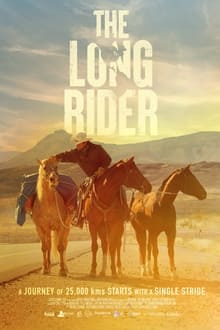
When Filipe Leite leaves his adoptive home of Canada, the aspiring journalist sets out on an epic quest to ride from Calgary to his family’s home in Brazil – and later beyond – entirely on horseback.
You May Also Like

A film directed by Ledare during a three-day conference that he organized in Chicago that was structured according to the Tavistock method—a project that involved recruiting 30 participants, securing the collaboration of 10 psychologists trained in the method, and directing a film crew. Complex patterns of stereotyping and other projections of identity emerge through the participants’ discussions; authority is questioned, assumed, and taken away; and viewers are implicated as the participants become aware of subjective forces that exist beyond the imposed boundaries of the conference system.

Some of MGM’S musical stars review the studios history of musicals. From The Hollywood Revue of 1929 to Brigadoon, from the first musical talkies to Gene Kelly in Singin’ in the Rain.
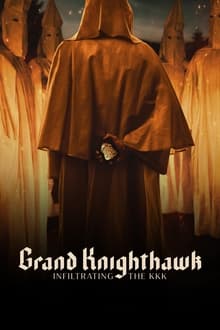
This documentary that takes viewers inside one of the world’s most sinister secret societies — the Ku Klux Klan. Based on an award-winning investigative AP series, the true-crime documentary captures the infiltration of the klan in northern Florida by a former Army infantryman named Joe Moore and includes exclusive new interviews with the FBI agents who oversaw the operation and exposes systemic corruption.

Set against the backdrop of ‘the beautiful game’, Black and White Stripes tells the epic story of Italy’s legendary Agnelli family and their team, Juventus F.C., as they set out to capture an elusive gold star in order to avoid annihilation. As the inspirational journey unfolds, the film weaves in game-changing moments from their heart-wrenching legacy – revealing the profound passion between family and team. On and off the field it’s love, war and breathtaking cinema.

This grisly documentary centres around gruesome psychology of infamous Jeffrey Dahmer. Join us as we examine how the world’s most notorious serial killer became a victim himself. This is FRESH MEAT: KILLING DAHMER

Home2Home tells the story of Dennis Kailing who travels 43,600 km (27,000 miles) through 41 countries on 6 continents to circumnavigate the planet in 761 days. He does it on a bicycle – on his first bike journey ever. With the question “What makes you happy”, but without experience in bike traveling, the 24-year-old from Germany jumps into the deep end and simply sets off – always heading east.
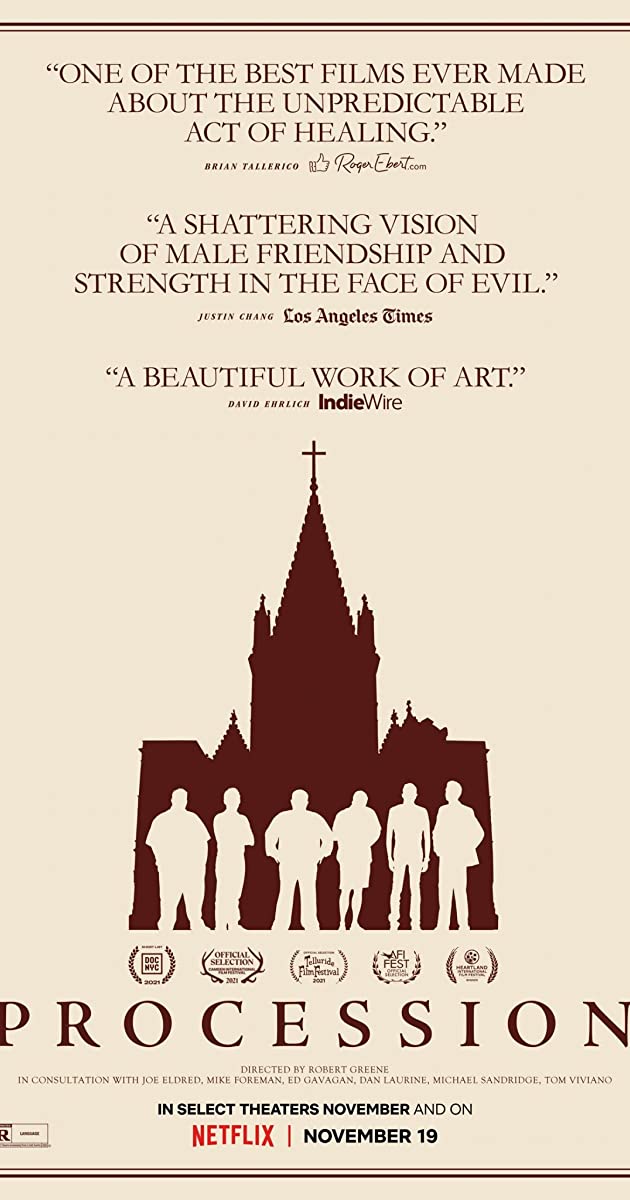
Six men who were sexually abused by Catholic clergy as boys find empowerment by creating short films inspired by their trauma.

Aliens land in a small town where Jesse Jamison is about to have a gun show and bullets fly after the aliens start killing people. Watch out Diamond Booking agency for your next momentous event!
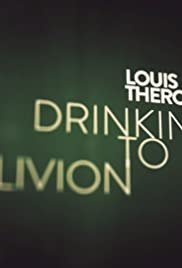
Louis spends time at King’s College Hospital in London where he immerses himself in the lives of patients in the grips of alcohol addiction and the medical staff trying to make them better.
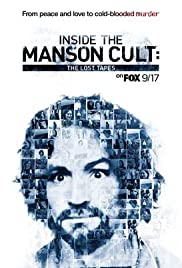
Culled from more than 100 hours of new and archival interviews with former Manson cult members, this two-hour special goes inside Spahn’s Ranch, where the Manson cult lived, to offer an intimate and terrifying look into America’s most murderous group.
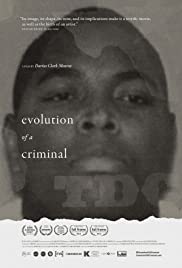
How does a 16 year-old evolve into a bank robber?

In the fall of 1964, just over a year before his death, Buster Keaton traveled to Canada to make The Railrodder, a short subject that now enjoys a small cult following. Documenting this mobile production in fascinating and unexpected detail, Buster Keaton Rides Again offers a rare glimpse of the comedy legend’s temperament, philosophies, hobbies, marriage (his third), and the occasionally combative creative process behind the scenes. An intimate look at one of cinema’s most enduring legends.